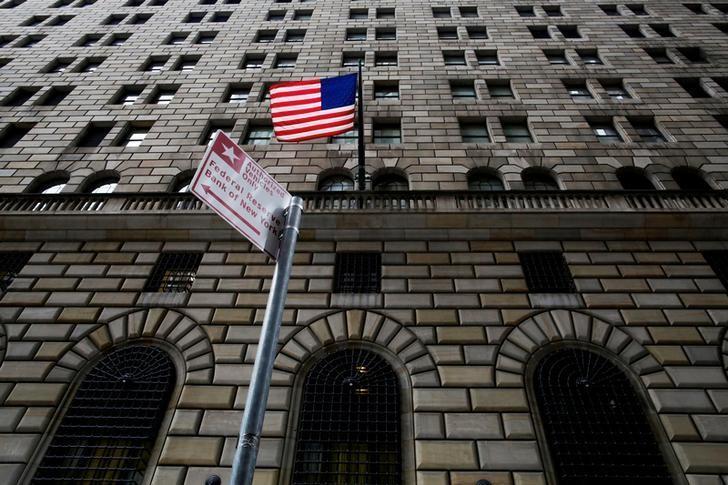
The Dow Jones Industrial Average, a stock market index that measures the stock performance of 30 large companies listed on stock exchanges in the United States, suffered its worst session since 1987 on March 12, plunging 10 percent as emergency measures by central banks failed to douse mounting recession fears due to the coronavirus. Dow finished down around 2,350 points, or 10 percent, at 21,200.62.
The broad-based S&P 500 index also plunged 9.5 percent to 2,480.64, while the tech-rich Nasdaq Composite Index tumbled 9.4 percent to 7,201.80.
The March 12 session means the S&P 500, like the Dow, is now in a “bear market,” a drop of more than 20 percent from a market peak, ending the longest “bull market” in history.
“Bottoming is a process, it’s not a one-day process normally,” said Quincy Krosby, chief market strategist for Prudential Financial.
“Now the idea of a recession is part of the narrative. Are we going into one? And if we are, how deep will it be? Will we have a recovery in the second half?”
Equities briefly cut their losses after the New York Federal Reserve announced measures to inject an additional $1.5 trillion in cash into financial markets.
But the bounce proved short-lived. Emergency measures announced by the European Central Bank also did little to reassure investors in London, Paris and Frankfurt, where bourses lost more than 12 percent.
London Stock Exchange also had its worst day since 1987. Frankfurt had its blackest day since 1989, the year the Berlin Wall fell, while Paris suffered its biggest one-day loss on record.
In early trade on March 13, London rose more than six percent, Frankfurt jumped four percent and Paris more than three percent.
Investors expect rate cut from Fed
Interest rate cuts won’t cure the coronavirus but investors are still hoping the Federal Reserve can take some actions to help soothe the roiled stock market.
Only days after a rare emergency rate cut, the Fed is expected at its regularly scheduled meeting on March 18 to slash its target rate another 75 to 100 basis points to near zero, according to the CME FedWatch website.
The U.S. central bank also may announce measures to ensure sufficient liquidity and lending or to purchase assets by restarting the quantitative easing that the Fed employed during the financial crisis.
“If the market feels the Fed is responding appropriately and is helping investors and consumers, and feel like somebody is in charge, maybe that can help settle things down,” said Willie Delwiche, investment strategist at Baird in Milwaukee.
Traders currently expect the Fed to cut its target rate from its current range of 1-1.25 percent to as low as 0-0.25 percent. Some market watchers wonder if the central bank could even eventually go into negative territory.
“Central banks must bolster confidence that they are willing to test the limits of where they view the effective bound on rates,” JPMorgan Chase economists said in a note this week.
Asian equities sink
Asian equities also tumbled on March 13, extending a global rout that saw markets experience their worst day in decades as fears of a worldwide recession caused by the coronavirus pandemic wiped trillions off valuations.
Tokyo, which fell as much as 10 percent at one point, ended down 6.1 percent, while Hong Kong was 1.1 percent lower having plunged around seven percent earlier.
Seoul, Bangkok, Manila and Singapore all managed to cut their losses by more than half, while Mumbai was up more than two percent just hours after a trading halt kicked in because it had fallen more than nine percent. Manila also rose having lost almost 10 percent. Shanghai ended down 1.2 percent.
But the standout was Sydney, which swung more than 12 percent to end 4.4 percent higher.
“Despite continued uncertainty over the coronavirus spread, some market players with more optimistic outlooks will see current levels as good buying opportunities for medium and long term plays,” Nick Twidale, at IC Markets in Sydney.